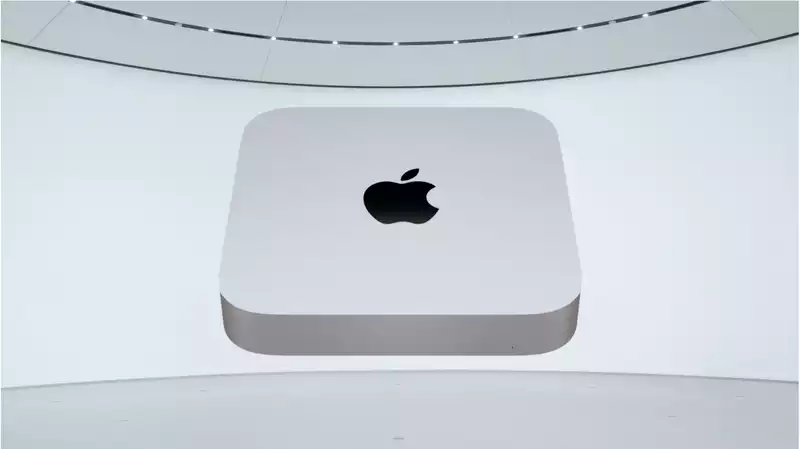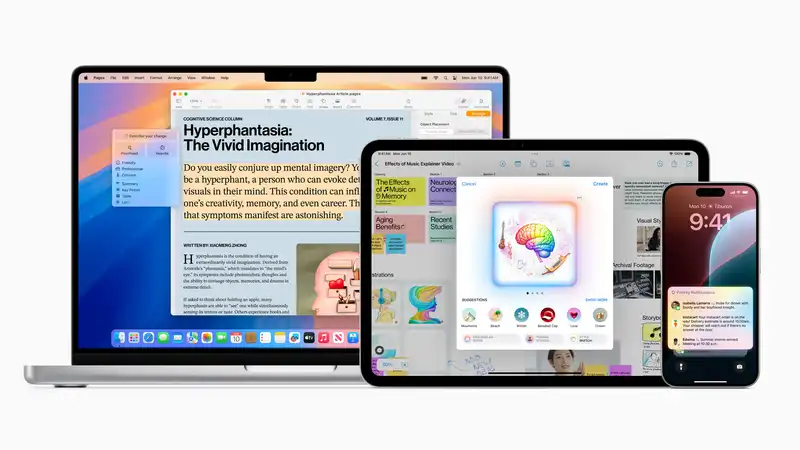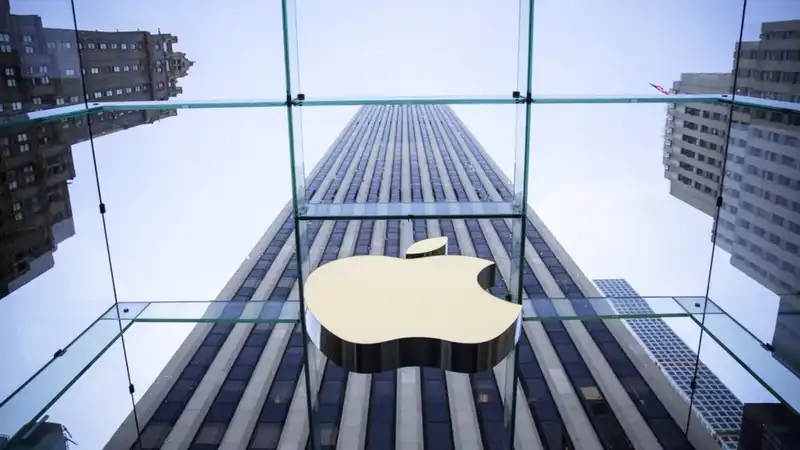New benchmarks discovered by MacRumors show how the new Apple silicon Mac mini with the Apple M1 chip can outperform Intel-based Macs.
Geekbench 5 results for a Mac mini late 2020 model with the M1 chip running at 3.2 GHz show a single-core score of 1,741. The closest Intel chip in terms of single-core performance is the Core i9-10910, a 10-core processor running at 3.6Ghz in the Apple iMac 2020, which scored 1,251.
This means that the $2,699 iMac was beaten by a $699 Mac mini chip. [Multicore performance is very important, and the M1 also performed very well in the leaked benchmarks. In other words, single-core performance is not really affected by the number of cores in the CPU. However, raw single-core performance is still important, as many apps still struggle to scale across multi-core CPUs.
Somewhat ironically, single-core performance was once an area where Intel outperformed its main chip rival, AMD. Now, however, Intel appears to have its work cut out for it, as the M1 may prove to be a powerhouse not only in single-core but also in multi-core performance.
The M1 Mac Mini tops the list, followed by the Apple silicon MacBook Pro and Apple silicon MacBook Air. This is almost certainly due to the extra space on the Mac Mini, which allows for more cooling and room for the M1 to run faster and longer.
There are two things to note here. First, the benchmarks were done on a machine running Apple's new Rosetta 2 API. As such, one would expect some impact on Geekbench performance, but it is not clear whether this will have a greater impact on the M1 chip or the Intel chip.
Second, the Intel-powered Macs on the Geekbench 5 list use 9th and 10th generation Intel CPUs. However, we have the new Dell XPS 13 with an 11th generation Core i7-1165G7.
But in Geekbench 5, the Tiger Lake-based PC only scores a single-core of 1,521, showing that Intel's latest silicon can't keep up with the first chips from the Apple Silicon initiative. apple Silicon, expects Cupertino companies to begin moving away from Intel chips for laptops and desktops, opting instead for their own custom chips built using the ARM architecture.
This means moving from the x86 architecture, which has been the foundation of laptop and desktop processors for decades, to the RISC architecture that powers a vast number of smartphone and tablet chips. As such, the move to in-house chips is a big step for Apple, which needs to determine whether performance in benchmarks translates into real power, an important point since the move to RISC risks causing compatibility issues with apps.
However, early indications regarding M1 performance are rather positive. Also, because of Apple's tight control over its software ecosystem, it is in a strong position to ensure that macOS apps are well optimized for M1 and what comes next.










Comments